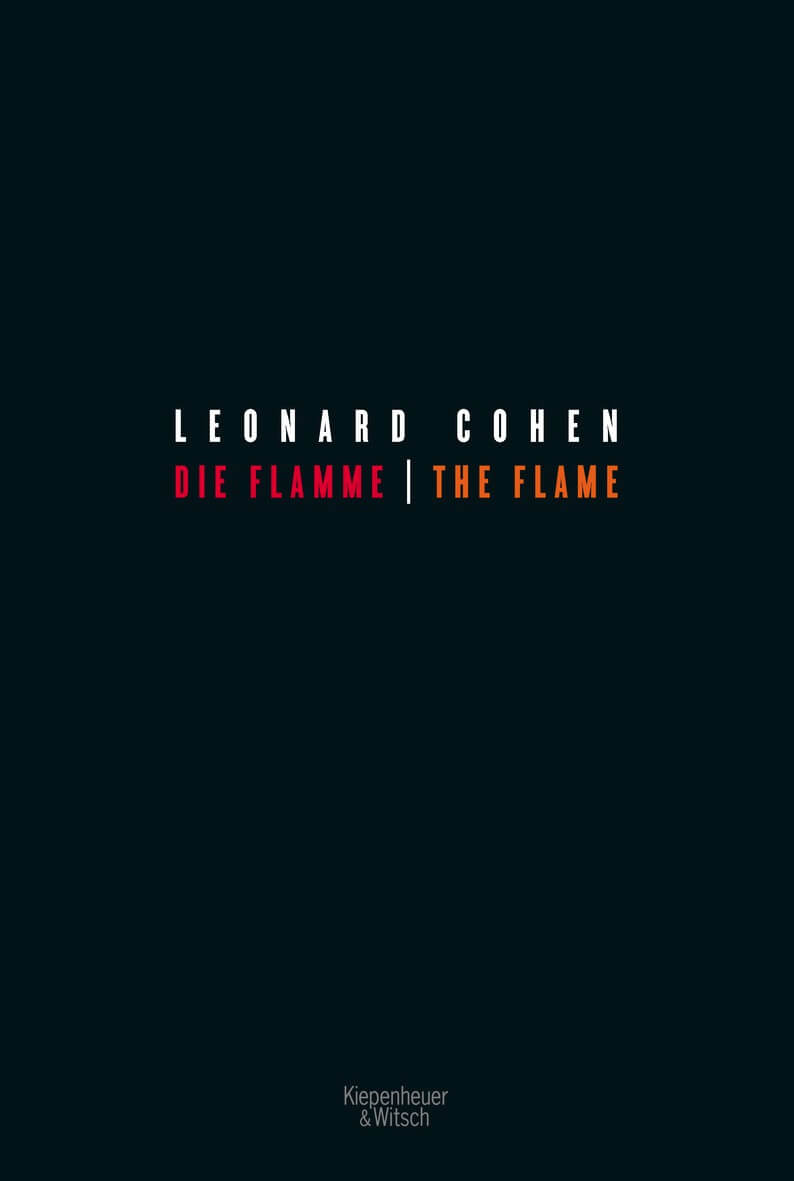

Some famous love poems by Bernart de Ventadorn and Dante sound almost as bad when translated, but Cohen doesn’t have that excuse. The long miseries and brief graces of love are Cohen’s obsessive subject. O apple of the world we weren’t married on the surface we were married at the core I can’t take it anymore.

The poems are monotonous scribbles of the moody-undergraduate school, what young Werther would have sung had he been Canadian: How awful had any of his passing fancies passed unnoticed. That perhaps represents the internal proportions of Cohen’s famous vanity and his equally famous lechery - I mean, of course, his search for a muse variously named Marianne, Sahara, Vanessa, Charmaine, Anjani, Mara, Sheila, Heather, Carolina and Olivia.

The pages have been decorated with 70 or so rumpled self-portraits (the singer’s amour propre came streaked in self-loathing), with a dozen amateurish doodles of young women thrown in. With a plan laid down by the singer himself, the editors have included his own choice of some 60 poems, the lyrics from his last four albums and a long dreary selection of notebook jottings. The publicity matter claims the stray work has been “carefully selected” but if this is the best of his barrel scrapings, there’s not much barrel to scrape. “The Flame” has a little of everything for Cohen fans and nothing for anyone else. At any moment of the day, “Suzanne” is probably playing in an elevator somewhere. Still, songs like “Suzanne,” “Bird on the Wire” and the rather preposterous hymn of praise “Hallelujah” have been so widely covered as to be nearly inescapable. Many found him a bit much, his heart-on-his-sleeve misery no more appealing than plunging your hands into boiling tar. He wasn’t much of a singer, either but the gravelly renderings of his lyrics gradually attracted a mass audience that seemed more like a cult. Leonard Cohen, who died two years ago, wore many a fedora - poet, novelist, songwriter, a singer of sorts - but only the last trade, which he took up reluctantly, made him a star.Ĭohen was never taken very seriously as a poet. Death is the moment when all eyes are upon the poet for the last time beyond, for most harmless drudges, lies the abyss. This is the book business at its darkest and most human, but many balance sheets have been balanced by a posthumous work or two. When a poet dies, his publishers often hurry into print whatever scraps lie stuffed in his desk drawers or overflow his wastebasket. THE FLAME Poems, Notebooks, Lyrics, Drawings By Leonard Cohen Edited by Robert Faggen and Alexandra Pleshoyano 277 pp.


 0 kommentar(er)
0 kommentar(er)
